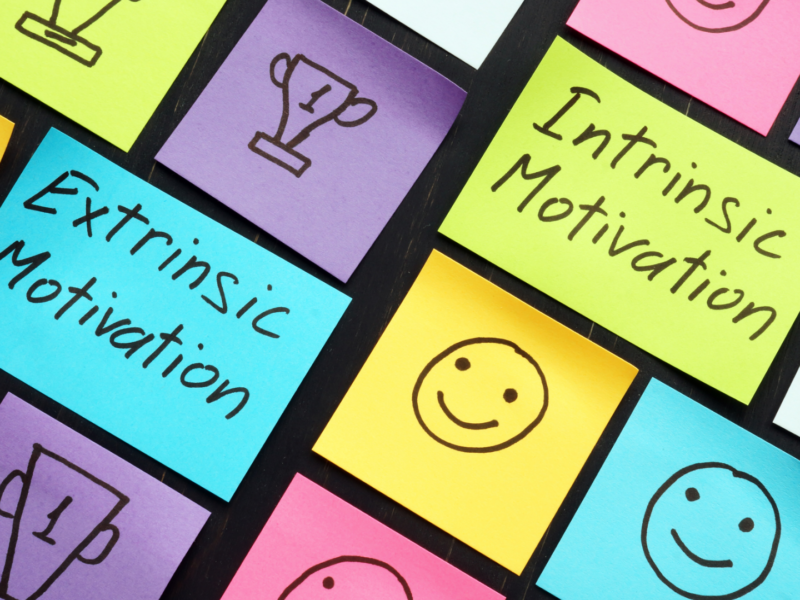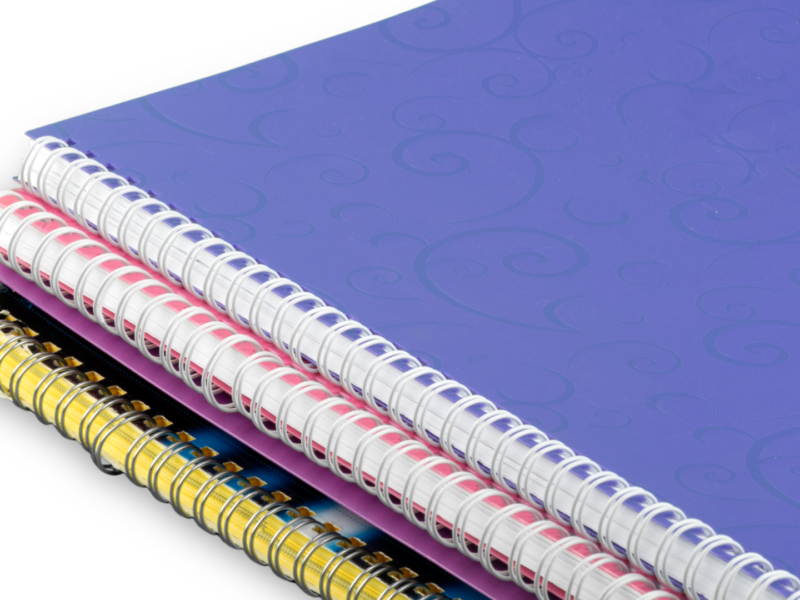Cerebrate Blog.
Explore strategies for skill development

The Importance of Task Initiation: Why It Matters for Student Learning and How Teachers Can Foster It
Posted In Teaching
Understanding the importance of task initiation is essential for any teacher looking to improve student learning outcomes. Task initiation is a foundational executive function skill that supports students in starting assignments and projects and solving problems independently. When students lack this skill, they often fall behind, not because they can’t do the work, but because […]

Discussions About Self-Control: Building Better Classroom Environments Through Executive Function Instruction
Posted In Discussion
Engaging in meaningful discussions about self-control is a powerful way for high school teachers to help students build stronger executive function skills and create more positive learning environments. As educators committed to executive function instruction, we recognize that teaching executive function skills such as self-control is essential to student success, not just academically, but socially […]

Practicing Self-Awareness: Building Self-Monitoring Skills in Elementary Classrooms
Posted In Application
Practicing self-awareness is a powerful step in helping students develop the executive function skill of self-monitoring. When students learn to pause, reflect, and make intentional choices, they begin to understand the impact of their actions on their learning and the classroom environment. For elementary teachers working with students in grades 1–4, embedding moments of self-reflection […]

Working Memory Journal Prompts to Strengthen Executive Function in Middle School Students
Posted In Writing
If you’re searching for ways to enhance executive function instruction in your classroom, look no further than these working memory journal prompts. Designed specifically for students in grades 5–8, these prompts serve as a powerful tool to improve students’ metacognition, self-awareness, and executive function skills, particularly in the area of working memory. Not only do […]

